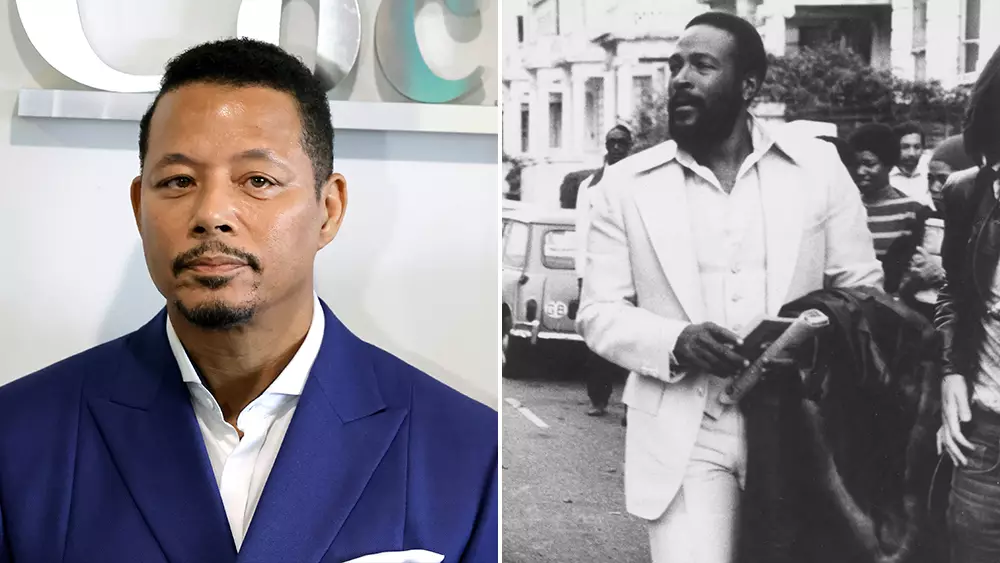Terrence Howard, the acclaimed actor known for his performances in iconic projects, has made headlines with his recent admissions regarding his decision to decline the biopic about Marvin Gaye, directed by Lee Daniels. His choice was not based merely on professional considerations but was instead deeply rooted in his personal convictions and emotional boundaries. Howard’s stance invites a broader discussion about the intersection of artistry, personal beliefs, and the demanding nature of portraying complex characters onscreen.
Instead of simply pursuing a potentially illustrious role in a high-profile film, Howard’s reasoning stemmed from discomfort regarding Gaye’s sexuality. He identified the need to depict nuanced aspects of Gaye’s life, including rumored romantic relationships, as a challenge that he felt unequipped to face. The interview with Bill Maher revealed Howard’s internal conflict between what the role demanded and his personal identity. Despite Maher’s encouragement about Howard’s aptness for the role, the actor believed that truly embodying Gaye required a depth of understanding and acceptance that he felt he did not possess.
The Weight of Social Expectations and Self-Identification
Howard’s commentary sparked conversations about societal expectations of actors when they step into roles that involve sexuality outside their personal experiences. The narrative of an artist disassociating themselves from a character that may threaten their own self-conception is essential, shining a light on the pressures that come with public identity and the roles one chooses to take on. Howard suggests that immersing himself in a life such as Gaye’s, one filled with layers of emotional and sexual nuance, would require a level of ‘surrender’ that he was unwilling to entertain.
The dichotomy between an artist and their role is often blurred, yet Howard’s assertion paints a picture of a conscientious individual who seeks to steer clear of that ambiguity, rather than fit into a mold that society or Hollywood expects them to. By openly stating, “I can’t surrender myself to a place I don’t understand,” he illustrates the struggle many face—where boundaries between personal identity and their professional obligations can intertwine.
Moral Boundaries and the Reflection of Personal Truths
How does one define professional success in an industry that often celebrates transformation at the cost of authenticity? Howard has effectively illustrated a personal moral boundary that guides his decisions. For him, engaging with the complexities of Gaye’s character involved more than mere performance—it demanded an immersion into realities that conflicted with his understanding of himself. His candidness about the potential act of kissing a man on screen as “beyond limits” reflects a broader societal tension where many individuals grapple with expectations surrounding sexuality and performance.
His body language and fervor during the conversation evinced the seriousness with which he approached his career decisions. For an actor of Howard’s stature, such choices mirror the struggles inherent in navigating a public persona while simultaneously attempting to remain true to one’s inner self. Although many may perceive this decision as detrimental to his career arc, it symbolizes another notion: that personal integrity matters more than public accolades or cinematic victories. Each choice he made was more than just a career decision; it was a reflection of his principles and the pursuit of self-understanding in an industry that often demands compromise.
Ultimately, Howard’s story serves as a powerful reminder of the importance of individual beliefs and emotional honesty in the world of acting, challenging the status quo and asking audiences to consider the deeper implications of performance art in navigating complex social landscapes.

